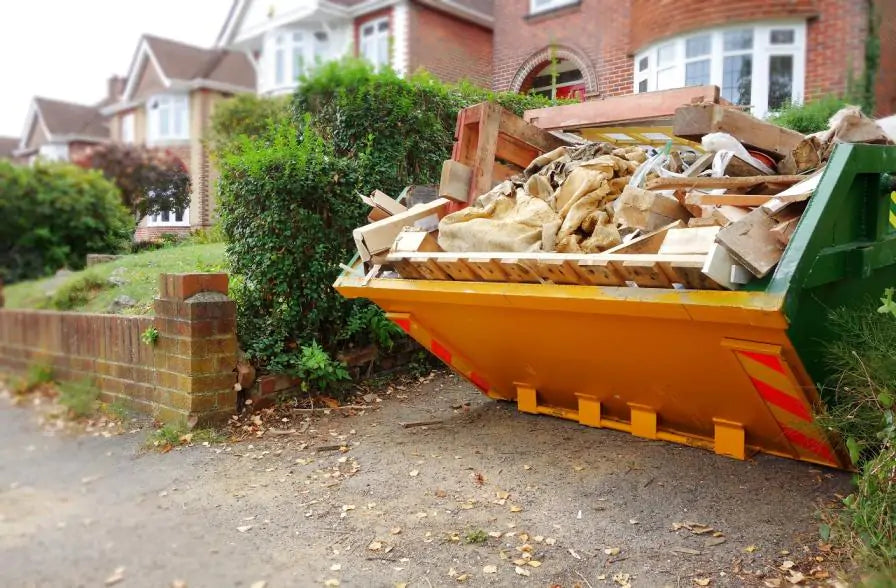OR
Express Checkout

If we were to eavesdrop on a typical conversation in this country, what might we hear being discussed? Many would be debating the latest political affairs and how the economy is affecting their daily lives. Deep thinkers may well be pondering the meaning of life, whilst those seeking fun or escapism could be chatting about sport or soap operas. Anyway, the content of our bins is unlikely to feature highly in the list of subject matter. Generally speaking, rubbish is something that is brushed under the carpet (if your spouse isn’t looking).
As with most things, there will be exceptions; from time to time, refuse collectors and recycling centre operatives will inevitably take their work home with them, hopefully not literally, and the staff at Jaydee Living are always ready to talk about waste disposal too. That’s because there’s more than meets the eye to what we discard. It really is a subject that matters.

Consider the following fact: the average person in the UK puts 450 kilograms of rubbish into their bins every year, in London the figure is 520 kilograms, and well over half of it goes to landfill. The country’s population is rapidly approaching 70 million, so it is hardly surprising that recent reports suggest we are running out of space to put our refuse.
There are other causes for concern too. Over a third of the contents of our dustbins are filled with organic waste. When this rots it produces methane, a gas twenty times stronger than carbon dioxide, which has dire implications for global warming. Furthermore, the toxic gases produced by a combination of household chemicals seriously impact on the quality of air around landfill sites. And it’s not just what we breathe in that we need to worry about. Leakage from landfill sites pollutes our waterways, the contents of which ultimately end up in our drinks.
It’s a depressing situation and unsurprisingly one that many of us would rather just bury and forget about. It needn’t be, for, like with most things in life, there are solutions.
The key to solving the problem is to recycle and use our rubbish wisely. For example, the people of Copenhagen, Denmark’s capital city, produce a similar amount of rubbish to ourselves, yet send only one percent of it to landfill. If we were to follow their lead, the problem of rapidly diminishing space for our rubbish wouldn’t be quite so alarming.

Our organic waste can easily be composted, dramatically reducing the production of environmentally harmful methane gas. Our cleanliness and hygiene needn’t be compromised, either. There are a full range of environmentally friendly cleaning products available, to help reduce all the other toxic gases, and groundwater pollution too. Moreover, recycling requires far less energy than producing products from scratch, so preserving valuable raw materials. It is also an industry proven to create more jobs than incineration and landfill combined.
So let’s not bury our heads in the sand and our rubbish in the ground. There are plenty of positive things we can all do. What’s more, rubbish really is a subject worth talking about. After all, what could be more engaging than safeguarding the future of our planet.